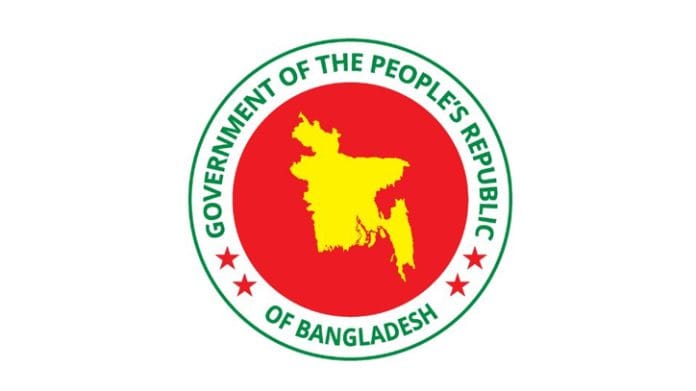The Bangladesh Public Procurement Authority (BPPA) on Wednesday held a workshop with the journalists to share key provisions of the draft Public Procurement Rules (PPR), 2025, as part of its nationwide consultation process prior to finalizing it.
The event took place at the conference room of the Implementation Monitoring and Evaluation Division (IMED) under the Ministry of Planning in Dhaka.
More than 50 journalists from print, television, online media outlets, and national news agencies attended the session, which was jointly organised by BPPA and managed by the Bangladesh Center for Communication Programmes (BCCP).
This media-focused consultation aims to ensure transparency in the ongoing reform process and to enable the press to report accurately on the significance and implications of the new rules for public procurement in Bangladesh.
Part of a Wider Reform Effort
The workshop is one of a series of engagements being conducted by BPPA with various stakeholder groups, including government officials, procurement professionals, development partners, and civil society. The consultation process has been ongoing for the past two months in preparation for the formal adoption of the new rules.
The need for revising the current Public Procurement Rules, 2008 emerged following the amendment of the Public Procurement Act (PPA), 2006, through the Public Procurement (Amendment) Ordinance, 2025, which was published in the official gazette on May 4, 2025.
Speaking at the workshop, Md Kamal Uddin, Secretary of IMED and Chief Guest at the event, stated: “The media plays a vital role in informing the public and shaping policy discourse. This workshop reflects the government’s commitment to transparency and stakeholder engagement in the reform of public procurement practices.”
Key Features of the Proposed Rules
The session was presided over by Mr. S. M. Moin Uddin Ahmed, Chief Executive Officer and Secretary of BPPA, who provided insights into the rationale behind drafting a completely new set of rules, rather than making piecemeal amendments.
“The revised PPR is not just a legal adjustment—it is part of a broader effort to modernize our public procurement system, improve efficiency, and increase transparency and accountability,” said Mr. Ahmed.
A detailed presentation on the key features of the draft PPR, 2025, was delivered by Mr. Shah Eyamin-Ul Islam, Director at BPPA, who has also been presenting at other consultation sessions nationwide.
His presentation highlighted: Alignment of procurement processes with international good practices, introduction of more flexible methods suited to different procurement contexts, strengthening of electronic government procurement (e-GP) systems, emphasis on value-for-money, risk management, and sustainability; and clarification of roles, responsibilities, and accountability mechanisms.
Islam noted that many of the new provisions in the draft were developed in response to suggestions and feedback received from practitioners and experts in earlier consultation workshops.
Media Participation: Critical to Public Awareness
The workshop emphasized the role of journalists in shaping public understanding of governance reforms and explained the technical aspects of the proposed rules in a clear, accessible manner.
Participants engaged in a Q&A session where they sought clarification on the practical implications of the proposed changes, particularly with regard to local-level procurement, transparency tools, dispute resolution mechanisms, and contractor performance evaluation.
“We want the media to be not just observers, but informed partners in the reform process,” said Ahmed, encouraging journalists to continue their coverage and critique as the draft moves toward finalization.
Next Steps in the Reform Process
BPPA is expected to incorporate feedback from all stakeholder consultations before finalizing the draft Public Procurement Rules, 2025. The final version will be submitted for government approval, after which it will replace the existing rules that have governed public procurement since 2008.
The proposed reforms aim to support the government’s broader development agenda by making public spending more effective, transparent, and results-oriented—crucial at a time when Bangladesh is poised for LDC graduation and broader institutional transformation.

